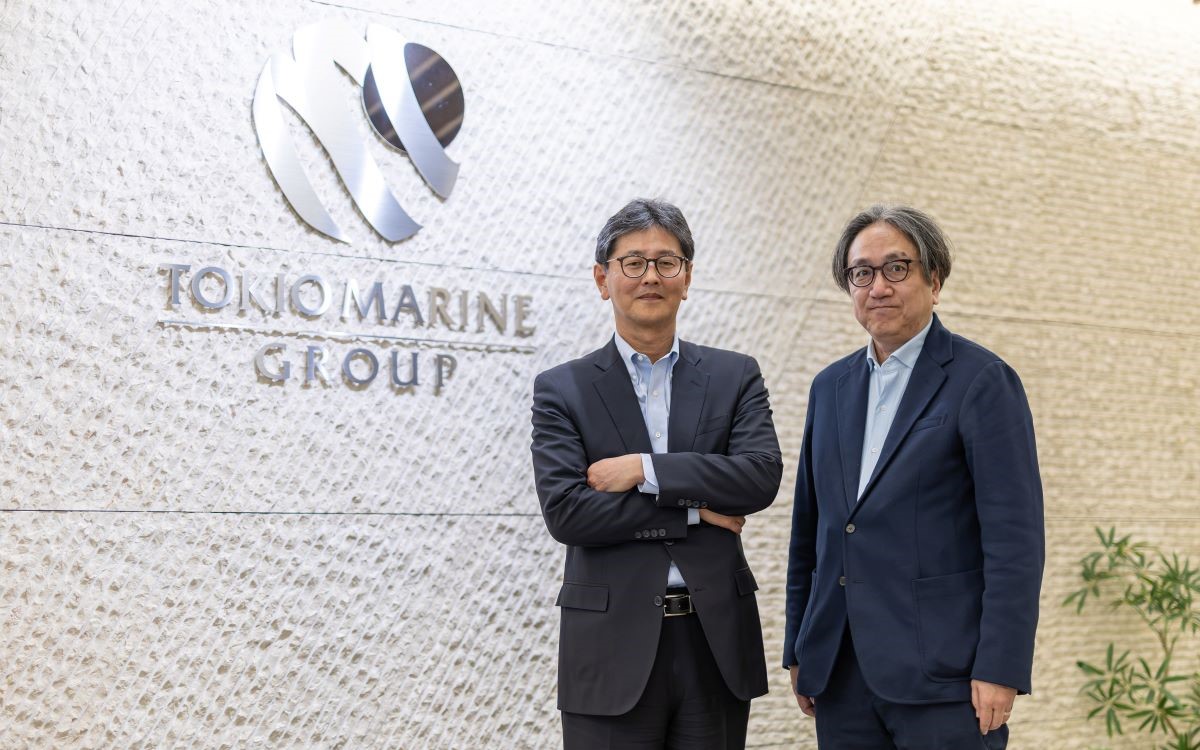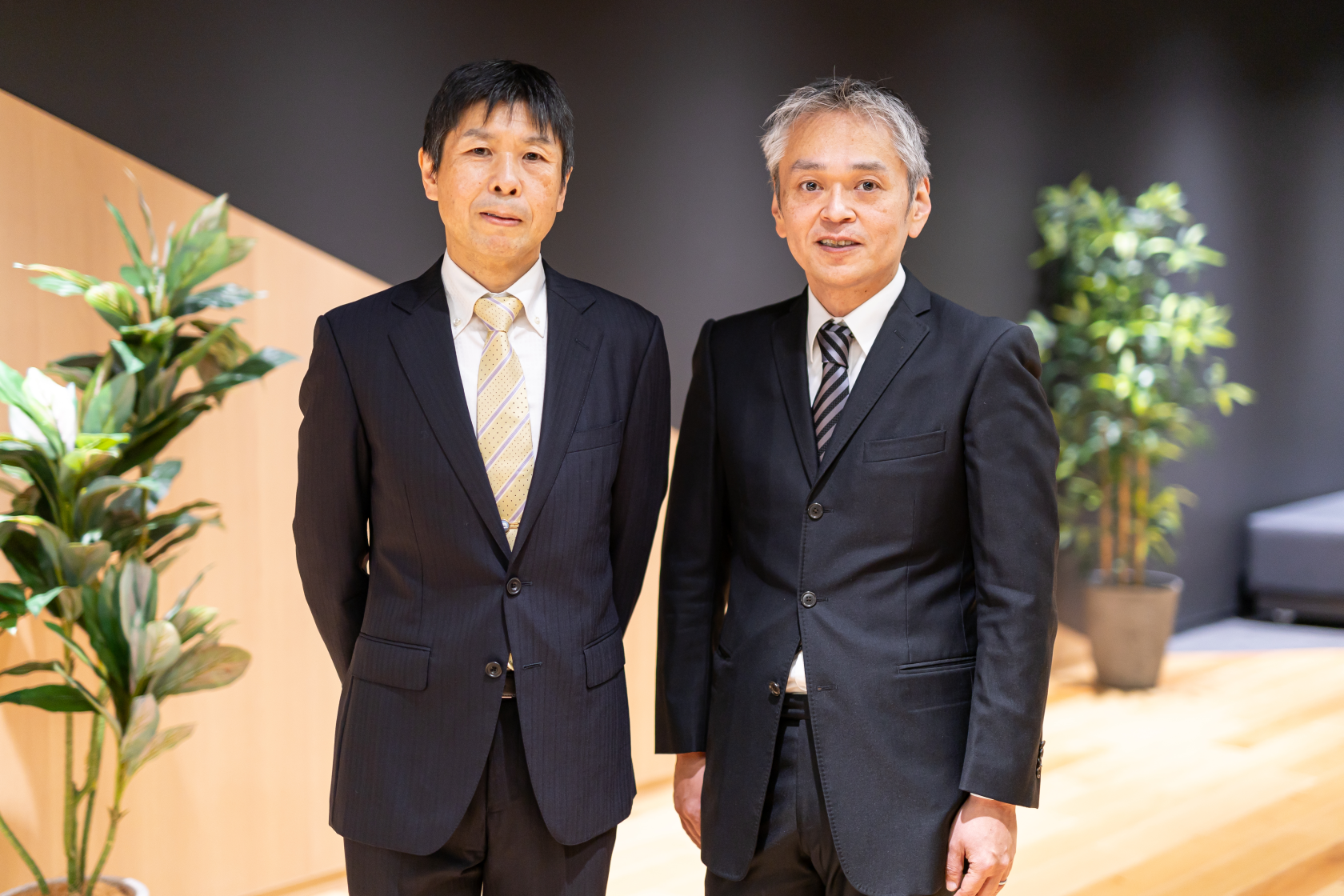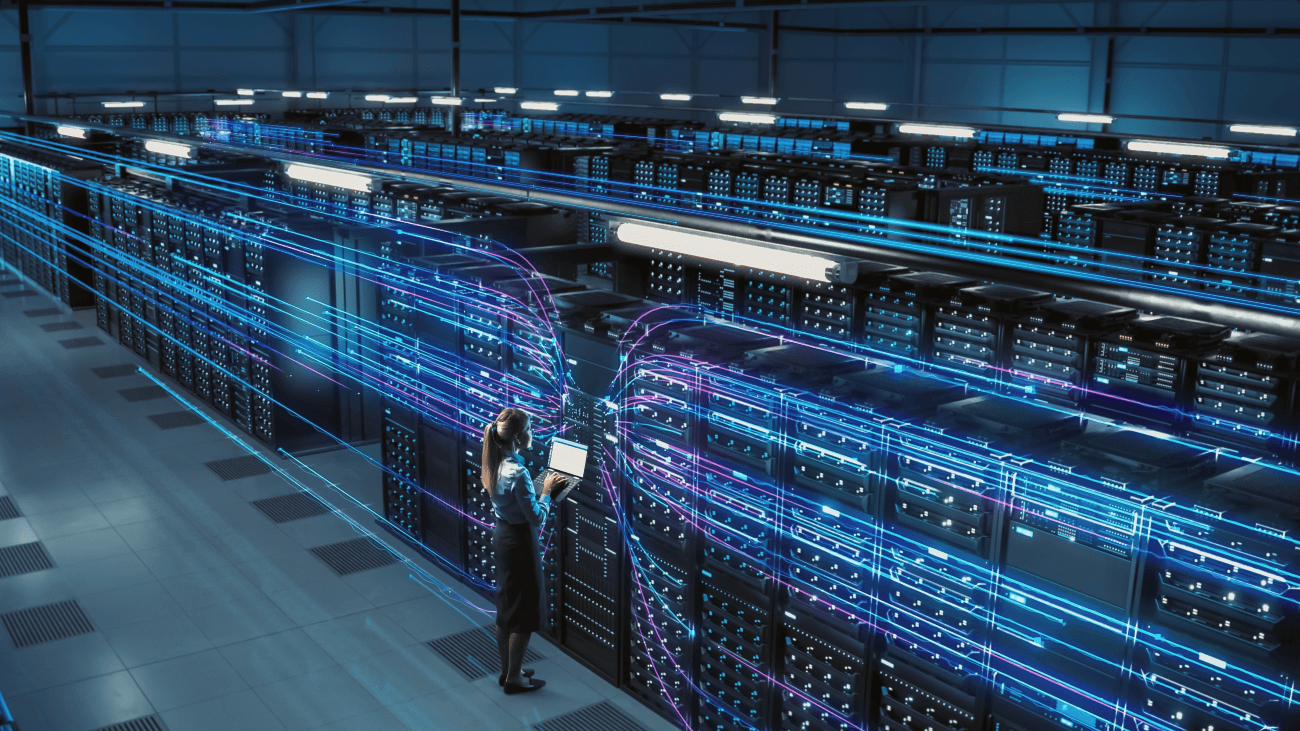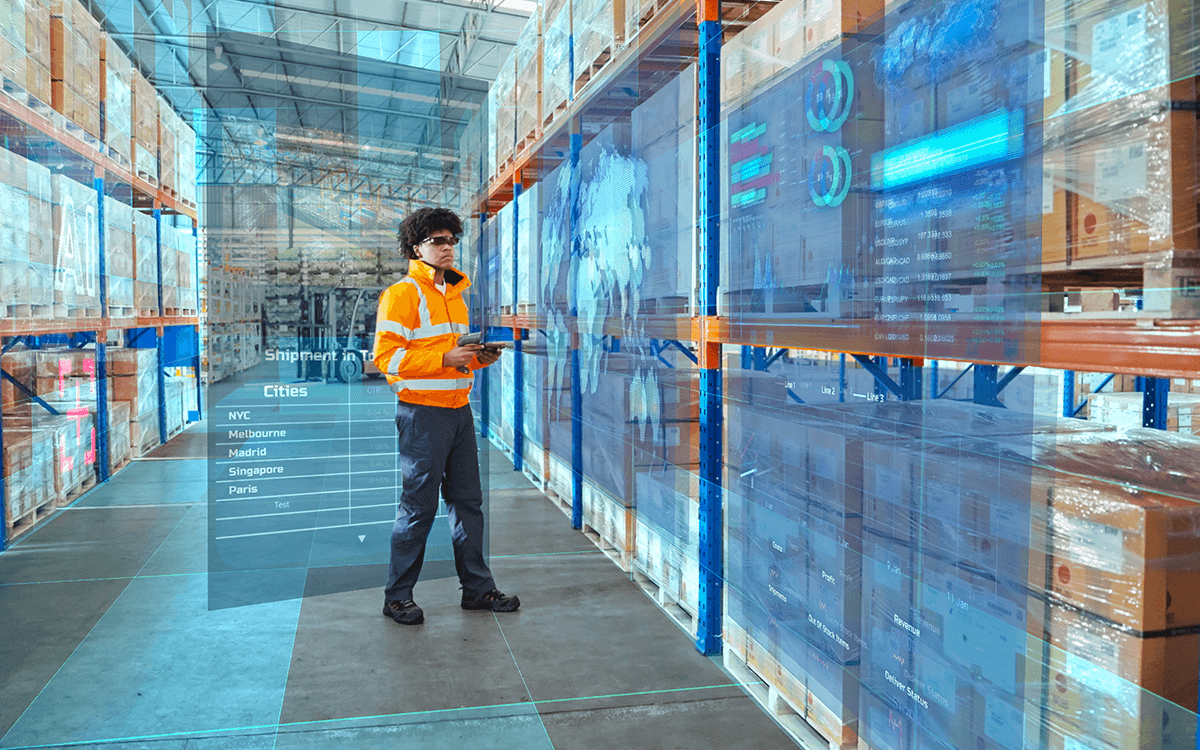CX in retail: How to drive sustainability and profitable growth
Fujitsu / April 26, 2024
Focus on sustainability in retail has increased significantly in the last few years. No wonder, since mounting pressure from regulators, stakeholders, investors, and customers alike has seen it climb to the top of business agendas. And rightly so. Everyone needs to be answerable to the planet and take action. If you’re a retail decision maker, you’ll be well aware of this. Yet, given the scale and far-reaching impact of this consumerist industry, there’s still much to be done.
Sustainability is, of course, not a destination, but a continuous journey of improvement, led by conscious effort. And this is why its definition should be seen with a broader lens than that of traditional green agendas. Sustainable retail isn’t just about keeping lights off and using less plastic. It’s now a more rounded term that includes environmental protection, diversification, human wellbeing, and trust in society. To us, that’s a world where businesses work together to solve societal issues by finding new, responsible ways of working that help people and the planet prosper.
Read on to learn how technology can empower you to run your retail business more sustainably and deliver long-term value to customers, colleagues, and shareholders.
The ripple effect of sustainable retail
As an industry, retail has traditionally been a major contributor to global carbon emissions and wastage. This is evident in the millions of single-use plastic bags floating in our oceans, the tons of surplus textiles ending up in landfill, worldwide food wastage, and the heavy footprint of fast-moving consumer goods (FMCG). This is why governments and authorities are introducing more regulations, such as the Corporate Sustainability Reporting Directive (CSRD), aimed at promoting sustainability to change conventional ways of retailing. But collective responsibility for change lies with all of us, not just retailers answering supply and demand.
Along with mandatory drivers – such as United Nations and European Union laws – rising awareness from the public and investors means retailers are at a critical crossroads to adopt more sustainable practices. And the most compelling reason to adapt is knowing you’re undertaking more ethical activities for a positive impact on society and the planet. Furthermore, milestone achievements will not only be a good news story you can be proud of, but good for business too. It’s a way of keeping your company’s reputation intact and attracting younger generations who tend to prioritize shopping with sustainable brands. This is why analysts estimate that the global market for Sustainability Transformation solutions could expand to more than 54 billion US dollars by 2030(*1).
Innovation is essential to move this industry forward. This not only comes from the technology you use, but also in staff, customers, authorities, and partners all playing their part. Most importantly, sustainability in retail is both about what you stop doing (cutting CO2 emissions, reducing waste etc.) and what you start doing. From choosing to sell high-quality products that are made to last, to communicating the provenance of goods, there are a range of ways to help your customers make better shopping choices. As a retail leader, you have the opportunity to form an alliance with customers to drive behavioral changes and set new social norms. The return? Enhanced customer experience (CX), healthy business growth, and driving sustainable change. That’s the ripple effect of sustainable retail.
(*1) https://activate.fujitsu/en/insight/tl-takahashiy-art-uvance-20230712
Getting the balance right
We understand these noble ambitions come with huge challenges, some of which are outside of your control. Despite good intentions, few retail leaders are finding it easy to address tensions that arise with these targets. One of these is balancing sustainability investments with business growth, profitability, and customer expectations. After all, you still need to protect your company’s share price, remain answerable to investors, and meet demand. Keeping costs down has long been a mantra for retailers to stay competitive (and in business), especially amid a cost-of-living crisis and rising inflation. So, promoting a system of sustainable consumerism shouldn’t come at too high a cost to your business. But it might be why we’re seeing the media-dubbed ‘intention-action’ gap – the difference between signalling positive changes and making them happen.
However, the perception that sustainability goals are in direct conflict with business growth is a bit of a false narrative. The majority of goals derived from a sustainable approach complement long-established business objectives in retail. Retailers have always endeavored to improve efficiency and productivity while saving energy and resources. Essentially, do more with less. And sustainability targets carry similar principles. It’s just a question of making sure you’re having a positive impact end-to-end.
With this holistic approach in mind, it’s more important than ever to find new, innovative ways to operate efficiently while driving sustainability goals. Doing this requires you to look at cost optimization through a wider system of measurements. Traditionally, retail leaders are used to managing costs and waste through well-defined ‘hard’ metrics. For instance, reducing staff headcount, partnering with cheaper suppliers, moving to less costly premises, and so on. But today’s world calls for a shift to finding less obvious opportunities to balance the books and maximize efficiencies which allow you to thrive. What we might call ‘soft’ metrics – like measuring the success of customer engagement or level of employee education – are less visible. That is, unless the data is readily available, and your organization is joined up seamlessly to respond. Because, if you can see it, you can improve it. And these detective powers are possible with the right technology in place.
The difference technology makes
Businesses everywhere must get used to becoming more target-driven than just well-intentioned in their sustainability efforts. Emerging technology can drive more sustainable outcomes by giving you smarter ways of operating. That’s because AI platforms and IoT capabilities can harvest mass amounts of data within your business and analyze it in an instant. This gives you the breadth of scope needed to work towards your goals. All while providing recommendations to optimize your processes and become more efficient, as well as cost-effective.
Typically, most business don’t have full end-to-end visibility. Because of this, departments can end up working in siloes, creating disjointed data sets and variable outcomes. But advanced digital solutions enhance your connectivity and look for patterns in data to reveal hidden costs, wastage, and inefficiencies. This paints an accurate picture of your business state. From here, you can establish a baseline from which to monitor CX, levels of consumption, compliance across your supply chain, and more. For example, blockchain technology is designed to help you monitor activities across your entire supply chain by maintaining an accurate record. This smart method of tracking lets you pinpoint where CO2 emissions could be reduced in transit, understand productivity levels, or check social responsibility standards are being upheld.
Modern technology is an incredibly powerful tool for decision making. Not only does it collate empirical evidence far quicker than humanly possible, but it also provides real-time modelling to put you in control. From recommending optimal delivery routes to ensuring an even balance of supply and demand, Machine Learning solutions can provide retailers with information they can then act on – all without employees needing to look through tons of data themselves. And, similarly, Digital Twin technology can play out an amended process by simulating it. So, you can project the outcomes before making a change in the ‘real world’.
The Fujitsu advantage
Without the right digital setup and control to take action, sustainability initiatives risk becoming akin to greenwashing. By embracing sustainable retail solutions, you can arm yourself with the insights needed to advance towards your sustainability goals. And do good for the planet, your customers, and society – future generations included. But having the right partner to help you get there is important too.
Fujitsu is already ahead of the game with its vision and approach, Uvance. Our purpose is to make the world more sustainable by building trust in society through innovation. So, lean on our expertise and experience. Our global reach, along with our innovative partner GK Software – a leader in retail solutions for 30 years – means we can provide trusted end-to-end implementation, services, and support. So, you can become more sustainable, lower your environmental impact, optimize costs, and enhance CX.

Editor's Picks












